Search
Search Results
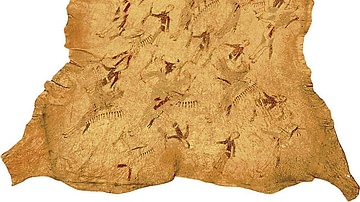
Article
Yellow Hair: George Armstrong Custer
Yellow Hair: George Armstrong Custer is the Cheyenne and Arapaho account of Lt. Colonel George Armstrong Custer (l. 1839-1876), his interaction with the Southern Cheyenne Chief Black Kettle (l. c. 1803-1868), the Washita Massacre (27 November...
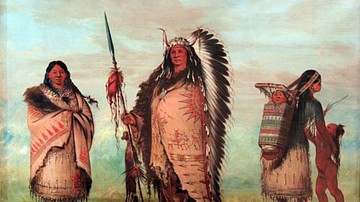
Definition
Sioux
The Sioux are a native North American nation who inhabited the Great Plains region of, roughly, modern Colorado, Montana, Nebraska, North Dakota, South Dakota, and Wyoming. They are one of the many nations referred to as Plains Indians who...
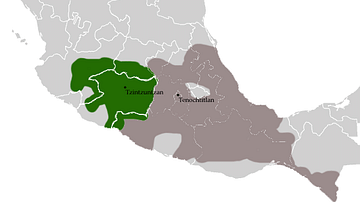
Definition
Tarascan Civilization
The Tarascan civilization (aka the Purépecha, after their language) dominated western Mexico and built an empire that would bring it into direct conflict with that other great Mesoamerican civilization of the Post-classic period, the Aztecs...
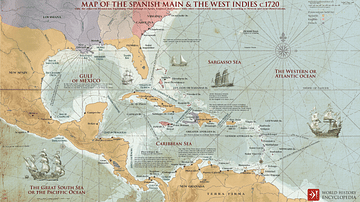
Definition
Spanish Main
The Spanish Main refers, in its widest sense, to the Spanish Empire in the Americas from Florida in the north to the northern coast of Brazil in the south, including the Caribbean. The term was initially more limited and referred only to...
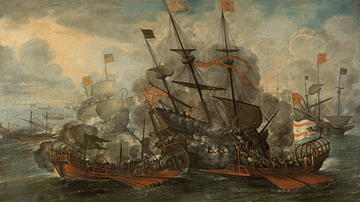
Definition
Spanish Treasure Fleets
From the 16th to 18th centuries, two treasure fleets sailed each year, one to Mexico and the other to Central America, then part of the Spanish Empire. There they collected precious eastern goods and the riches of the Americas, including...
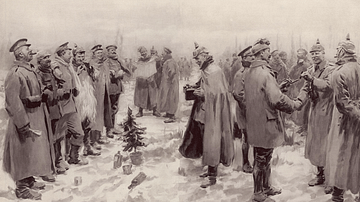
Definition
The Christmas Truce
The Christmas Truce of 1914 occurred on the Western Front during the First World War (1914-18). On Christmas Eve soldiers in the trenches spontaneously agreed to a ceasefire. Beginning with the singing of Christmas carols, the unofficial...
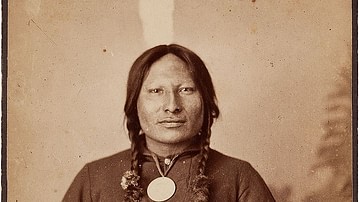
Definition
Sioux Warrior Rain-in-the-Face (Eastman's Biography)
Rain-in-the-Face (Ite Omagazu, l. c. 1835-1905) was a Lakota Sioux warrior and war chief during Red Cloud's War (1866-1868) and at the Battle of the Little Bighorn (1876), after which he became famous as the man who killed Lt. Col. George...
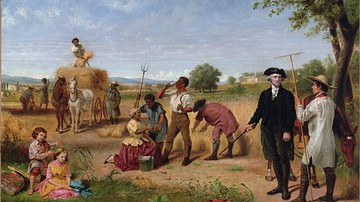
Article
Daily Life in Colonial America
Life in Colonial America was difficult and often short but the colonists made the best of their situation in the hopes of a better life for themselves and their families. The early English colonists, used to purchasing what they needed, found...
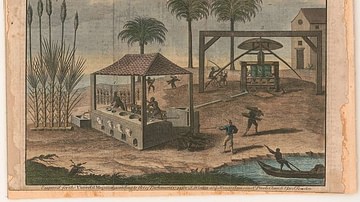
Article
Sugar & the Rise of the Plantation System
From a humble beginning as a sweet treat grown in gardens, sugar cane cultivation became an economic powerhouse, and the growing demand for sugar stimulated the colonization of the New World by European powers, brought slavery to the forefront...
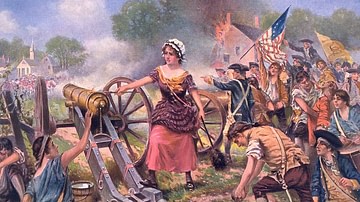
Article
Women in the American Revolution
In Colonial America, women were discouraged from taking an interest in politics and were instead expected to focus only on traditionally 'feminine' matters, such as homemaking and childrearing. However, such gender roles were challenged during...